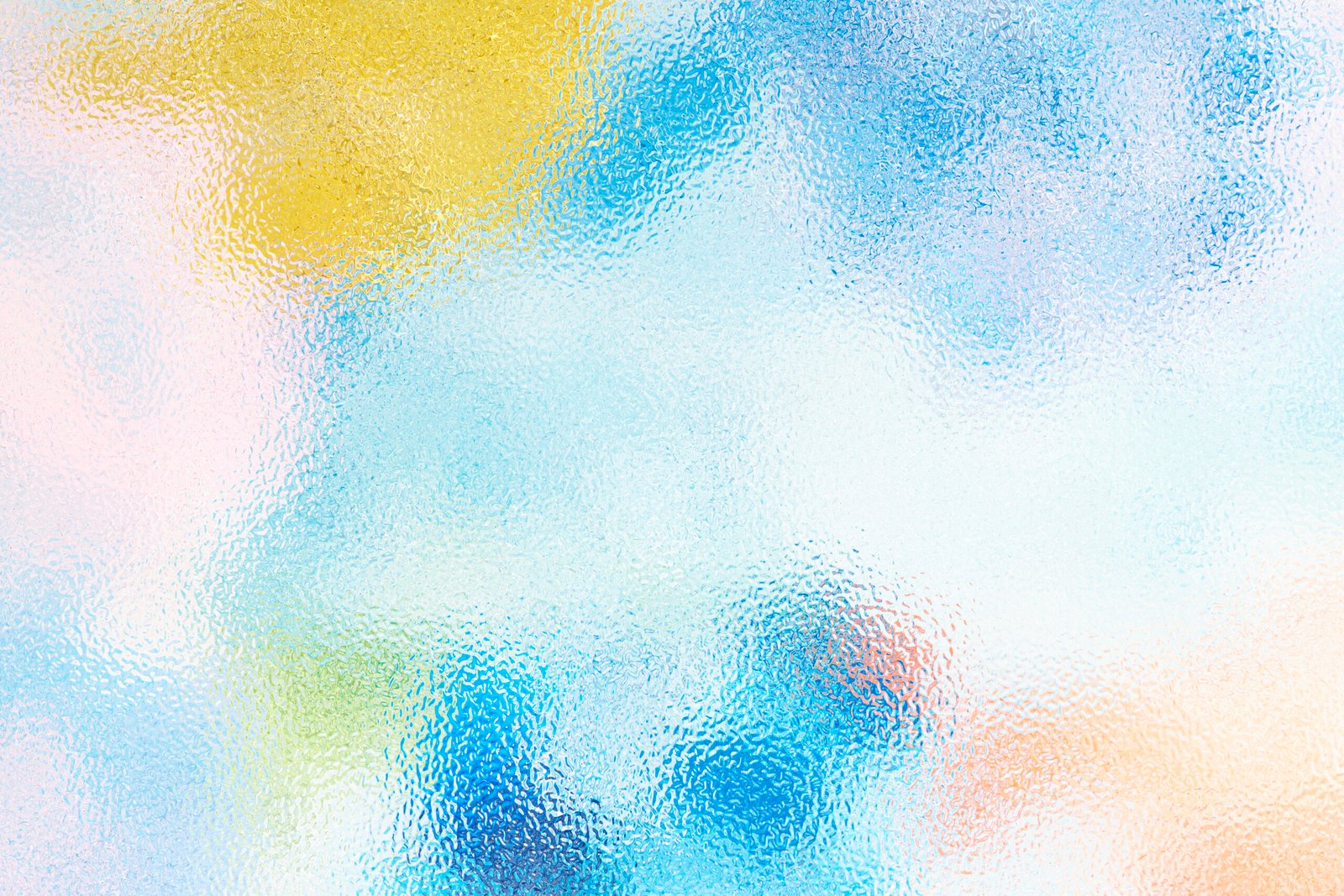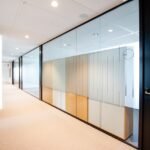Patterned glass has become a popular choice in modern architecture and interior design for its ability to combine aesthetics and functionality. Known for its textured and decorative surfaces, patterned glass allows light to pass through while maintaining privacy, making it ideal for residential, commercial, and hospitality spaces.
In Dubai, where luxury design meets practical requirements, patterned glass in Dubai has become a must-have solution for architects, designers, and homeowners seeking both style and functionality. This post explores the various decorative and functional applications of patterned glass, helping you understand how it can transform your space.
What is Patterned Glass? Types and Properties
Patterned glass refers to glass that has a textured or embossed surface created through specialized manufacturing processes. These textures can range from subtle frosts to bold geometric patterns, offering both aesthetic appeal and practical benefits.
Types of patterned glass:
-
Frosted or acid-etched glass: Provides high privacy while diffusing light.
-
Reeded or ribbed glass: Creates a linear, modern texture for interior partitions.
-
Geometric and decorative patterns: Adds visual interest to doors, partitions, or furniture inserts.
-
Low-iron or extra-clear options: Ideal when clarity is needed without the greenish tint of standard glass.
Key properties:
-
Light diffusion: Softens sunlight and reduces glare.
-
Privacy: Limits visibility while allowing light flow.
-
Durability: Can be tempered or laminated for strength.
-
Maintenance: Resistant to stains and easy to clean with mild detergents.
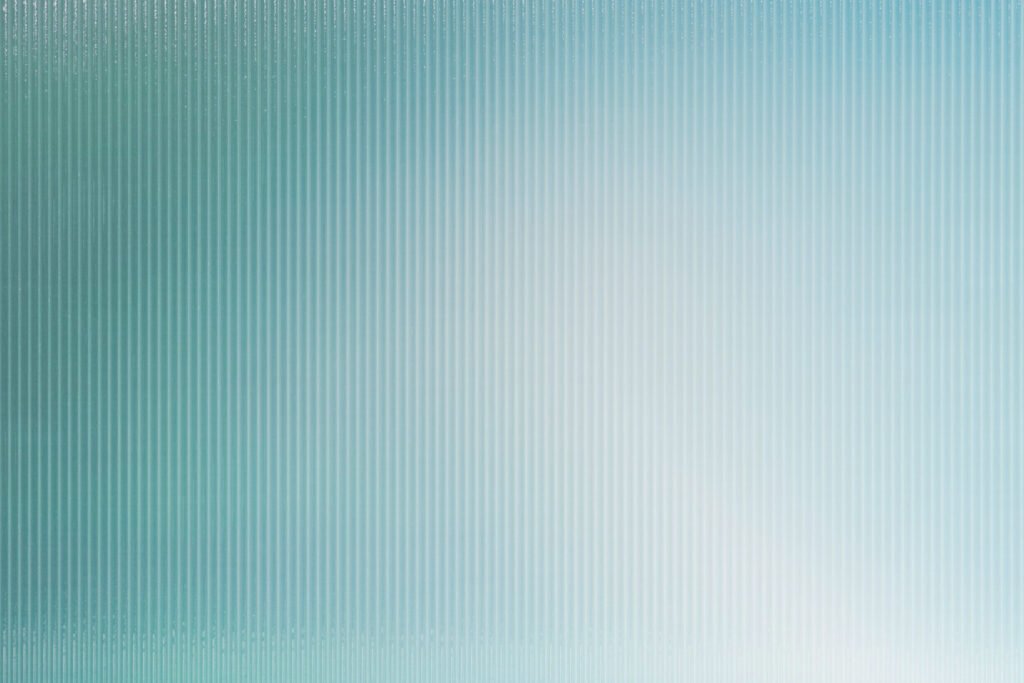
Decorative Applications of Patterned Glass
1. Interior Décor Features
Patterned glass can be used in cabinet doors, display shelving, or furniture inserts. For example, a luxury Dubai villa may feature patterned glass in kitchen cabinets or bookcase doors to create an elegant, high-end look while allowing light to permeate the space.
2. Doors, Partitions, and Room Dividers
Sliding doors, pivot doors, or interior partitions made with patterned glass provide both separation and light transmission. A hotel lobby in Dubai, for instance, could use patterned glass partitions to separate the reception from seating areas without blocking natural light.
3. Wall Features, Backsplashes, and Accent Panels
Patterned glass adds sophistication to walls, bathroom backsplashes, or feature panels. Restaurants and cafes in Dubai often use decorative glass panels to create stylish yet functional accents that double as visual art.
4. Furniture and Fixtures
Tabletops, vanity panels, lamp enclosures, and signage are other creative applications. For example, patterned glass in a luxury spa can create a sense of serenity while ensuring privacy between treatment areas.
Functional Applications of Patterned Glass
1. Privacy and Screening
One of the most practical uses of patterned glass is privacy. Bathrooms, shower enclosures, and office meeting rooms benefit from its ability to obscure direct visibility while still allowing light to penetrate.
2. Light Diffusion and Glare Control
Patterned glass softens harsh sunlight, creating a comfortable ambiance indoors. In Dubai’s bright, sunny climate, this function is particularly valuable for villas and office spaces where natural light can become overwhelming.
3. Safety and Hygiene
Tempered or laminated patterned glass is durable and resistant to breakage, making it suitable for high-traffic areas such as hotels, hospitals, and commercial buildings. Its textured surface can also reduce fingerprint visibility, adding a hygienic benefit.
4. Energy Efficiency and Thermal Performance
Patterned glass can help manage indoor temperatures by diffusing sunlight, reducing the need for artificial lighting and potentially lowering cooling costs. Combining patterned glass with low-iron or insulated units enhances thermal performance.
Why Choose Patterned Glass in Dubai
Climate Considerations: Dubai’s desert climate brings intense sunlight and heat. Patterned glass helps diffuse sunlight and maintain privacy, making it ideal for windows, partitions, and facades.
Architectural and Interior Design Trends: Dubai is known for its blend of traditional and modern architecture. Patterned glass fits perfectly into contemporary villas, commercial spaces, and luxury hotels, offering flexibility in design.
Cultural and Aesthetic Preferences: Geometric patterns, linear textures, and artistic motifs are popular choices in Dubai, providing both cultural resonance and visual appeal.
Safety and Compliance: Patterned glass can be tempered, laminated, or combined with insulated units to meet local building safety standards, ensuring that aesthetics do not compromise security.
How to Select the Right Patterned Glass
1. Match Pattern to Function:
-
High privacy: frosted or heavily textured glass.
-
Moderate privacy: reeded or subtle patterns.
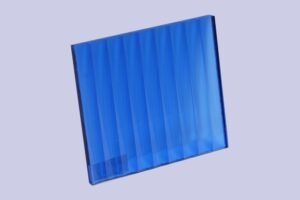
2. Consider Thickness and Finish:
-
Standard thickness ranges from 6mm to 12mm.
-
Edge finishes may be polished, matte, or rough depending on design.
3. Safety Compatibility:
-
Tempered or laminated glass for added strength.
-
Can be used in insulated glass units (IGUs) for energy efficiency.
4. Color and Clarity:
-
Low-iron or ultra-clear glass for maximum visual clarity.
-
Tinted or colored options for decorative purposes.
5. Cost vs Longevity:
-
Custom patterns may have higher upfront costs but offer long-term value in aesthetics and durability.
Examples of Patterned Glass Applications in Dubai
Residential Villas:
-
Sliding partitions in living areas for open-plan spaces.
-
Bathroom shower enclosures that provide privacy without blocking light.
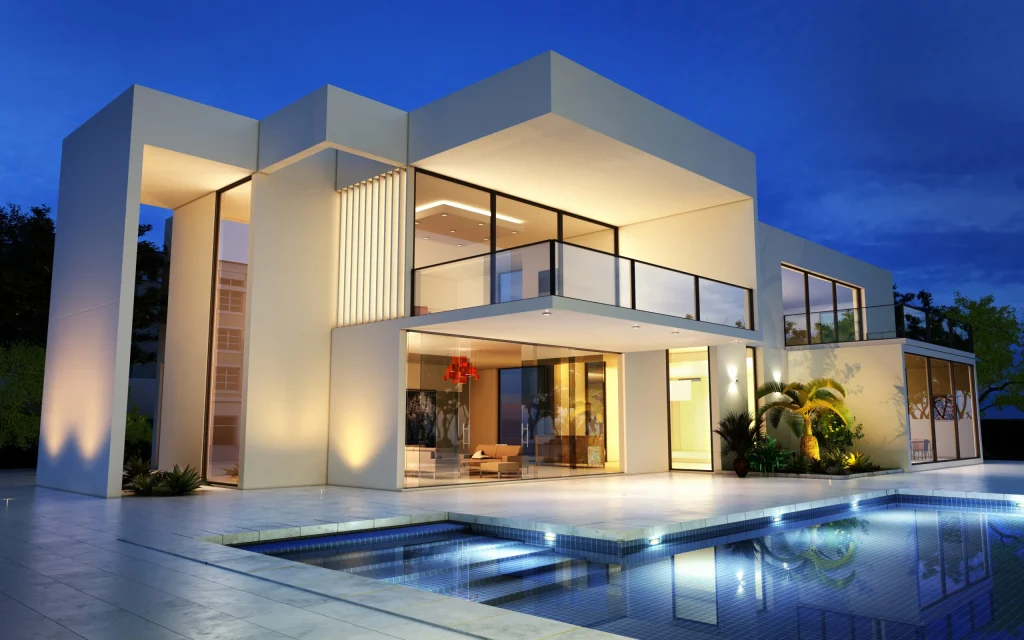
Commercial Spaces:
-
Office partitions that maintain light flow while creating private workspaces.
-
Restaurant feature walls with geometric or artistic patterns.
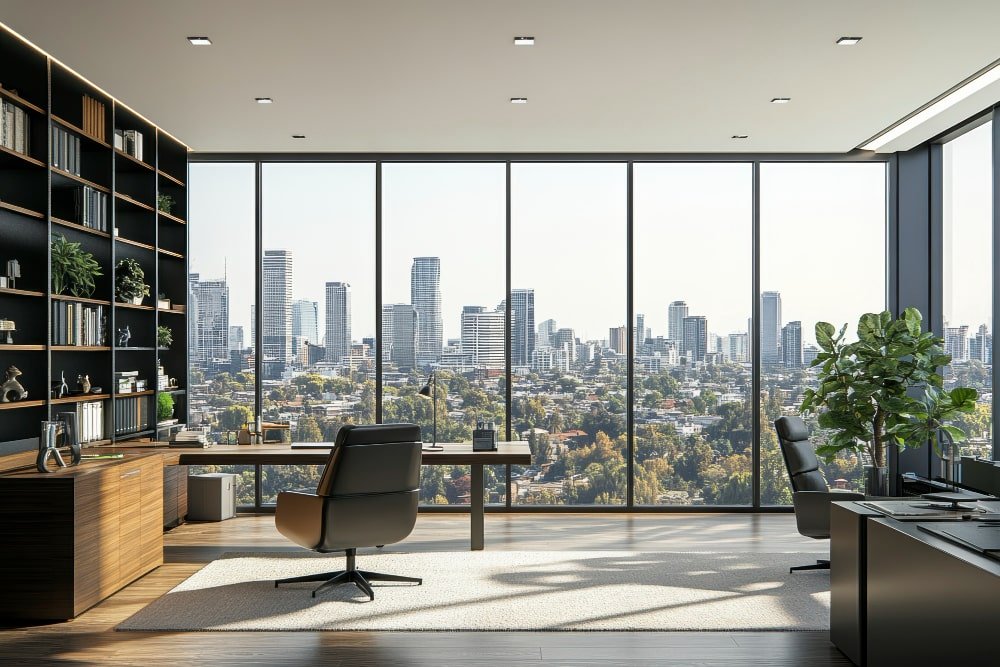
Hospitality Industry:
-
Hotel lobbies using patterned glass as decorative dividers or entrance doors.
-
Spa treatment rooms that combine privacy and aesthetic appeal.
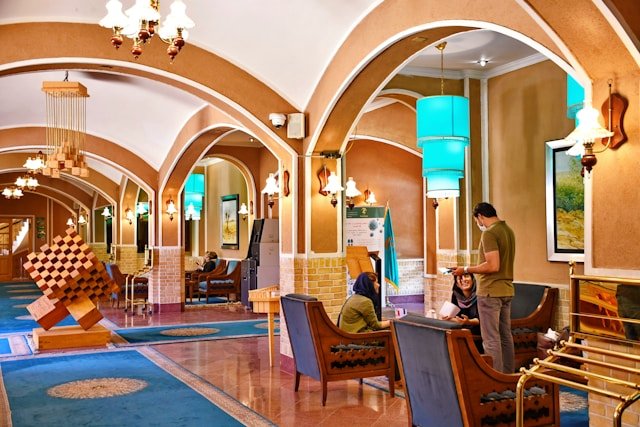
Installation, Maintenance, and Care
Installation:
-
Professional site survey and precise measurement are essential.
-
Ensure proper framing and support to avoid stress cracks.
Maintenance:
-
Clean with mild detergents and soft cloths to preserve patterns.
-
Avoid abrasive cleaners that can scratch the surface.
Inspection:
-
Check seals, latches, and edges regularly to maintain safety and appearance.
Cost Factors and Return on Investment
-
Cost Drivers: Pattern complexity, glass type, thickness, and installation.
-
Long-Term Benefits: Minimal maintenance, long-lasting durability, energy savings, and aesthetic enhancement.
-
Property Value: High-quality patterned glass increases property appeal and resale value in the Dubai real estate market.
Conclusion
Patterned glass offers a unique combination of beauty and function, making it an ideal choice for villas, offices, hotels, and commercial spaces. In Dubai, patterned glass in Dubai enhances interiors with privacy, light diffusion, and decorative flair while meeting safety standards. From decorative walls to functional partitions, its versatility makes it a smart investment for modern architecture.
Whether you are designing a new villa, renovating a commercial space, or upgrading a hotel, patterned glass delivers style, functionality, and longevity all in one elegant solution.

